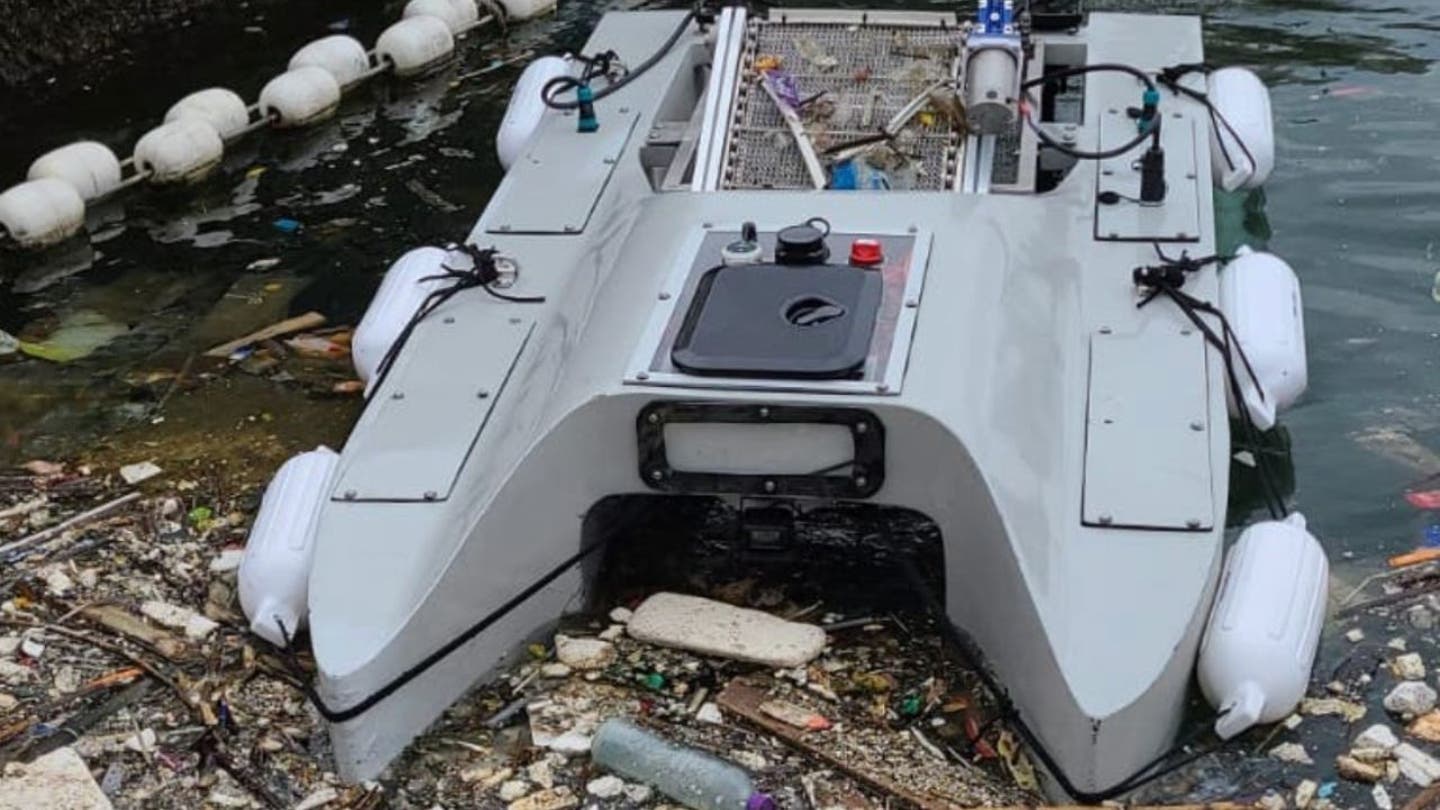AI Seoul Summit: Exploring Risks and Regulation of Artificial Intelligence
- May 21, 2024 12:04am
- 104
South Korea is hosting a mini-summit this week to address the risks and regulation of artificial intelligence (AI). This gathering builds on previous global efforts to establish guardrails for this rapidly advancing technology, which has raised concerns about its potential impact on society.

Artificial intelligence (AI) is revolutionizing warfare, introducing new capabilities and ethical challenges. From surveillance drones to autonomous weapons systems, AI is transforming the battlefield, raising questions about the future of warfare.

Internationally, governments and organizations are collaborating to address the risks of AI. In November 2023, a summit at Bletchley Park, UK, brought together tech luminaries, researchers, and officials to discuss the safety of AI. Delegates from over two dozen countries signed the Bletchley Declaration, pledging to contain the potential risks posed by AI advancements.
In March 2024, the UN General Assembly passed a resolution on AI, supporting efforts to ensure that the technology benefits all nations, respects human rights, and is "safe, secure and trustworthy." The US and China also held high-level talks on AI in Geneva, discussing risk mitigation and shared standards.
Concerns about AI safety encompass a wide range of potential risks:
- **Algorithmic bias:** AI models can perpetuate bias, skewing search results and impacting areas such as healthcare, job recruitment, and financial lending.
- **Existential threats:** Advanced AI systems could pose threats to humanity by replacing human capabilities or malfunctioning in unpredictable ways.
- **Misinformation:** AI can be used to spread disinformation on a vast scale, undermining trust in institutions and fueling societal divisions.
- **Labor market disruption:** AI automation could lead to job losses and exacerbate economic inequality.
The AI Seoul Summit, co-hosted by South Korea and the UK on May 21-22, aims to build on the work started at the Bletchley summit. Leading AI companies will present updates on their efforts to ensure AI safety.
On day two, digital ministers will convene to discuss best practices, concrete action plans, and strategies to protect society from the negative impacts of AI on areas such as energy use, labor markets, and disinformation.
The summit serves as an interim meeting until a full-fledged in-person summit hosted by France. It includes representatives from countries such as the US, China, Germany, and the UK, as well as companies like OpenAI, Google, and Microsoft.
Reaching consensus on AI regulation remains challenging, given varying national interests and levels of AI development. The interim report on AI safety identifies a range of risks, including malicious use, bias propagation, and systemic labor market disruptions.
South Korea aims to play a leading role in AI governance, but critics question whether it has the advanced AI infrastructure necessary for such a position. Despite challenges, the Seoul summit represents a continued commitment to ensuring the safe and responsible development of AI.
As AI continues to evolve, global collaboration and shared standards are essential to mitigate risks and harness its transformative potential for the benefit of society.
Related articles
-
 AI in Education: Personalized and Supportive Learning Experiences for the Future
Artificial intelligence (AI) has long been a part of the scientific landscape, but recent advancements have made it possible to harness its potential...
AI in Education: Personalized and Supportive Learning Experiences for the Future
Artificial intelligence (AI) has long been a part of the scientific landscape, but recent advancements have made it possible to harness its potential...
- 03 Jul 2024
-
 AI-Powered Exoskeleton Lightens the Load, Elevates Mobility
Researchers have created an AI-driven exoskeleton that seamlessly adapts to provide remarkable mobility assistance and energy savings. The...
AI-Powered Exoskeleton Lightens the Load, Elevates Mobility
Researchers have created an AI-driven exoskeleton that seamlessly adapts to provide remarkable mobility assistance and energy savings. The...
- 02 Jul 2024
-
 Autonomous Roboboats: The Future of Waterway Cleanup
Clear Robotics, a groundbreaking startup, has developed autonomous robot boats known as Clearbots. These vessels utilize advanced technology to...
Autonomous Roboboats: The Future of Waterway Cleanup
Clear Robotics, a groundbreaking startup, has developed autonomous robot boats known as Clearbots. These vessels utilize advanced technology to...
- 01 Jul 2024
-
 Scammers Use AI to Clone Voices, Targeting Victims with Emotional Cons
Scammers are using AI to clone voices and target victims with emotional cons. They extract voice samples from social media and create chillingly...
Scammers Use AI to Clone Voices, Targeting Victims with Emotional Cons
Scammers are using AI to clone voices and target victims with emotional cons. They extract voice samples from social media and create chillingly...
- 01 Jul 2024
-
 Morgan Freeman's Stance Against Defund the Police Movement
Actor Morgan Freeman has voiced his opposition to the defund the police movement, emphasizing the importance of law enforcement in safeguarding...
Morgan Freeman's Stance Against Defund the Police Movement
Actor Morgan Freeman has voiced his opposition to the defund the police movement, emphasizing the importance of law enforcement in safeguarding...
- 01 Jul 2024
-
 Sheryl Crow's Outcry Against Drake's AI-Generated Tupac Homage
Sheryl Crow has expressed strong disapproval of Drake's use of artificial intelligence to replicate Tupac Shakur's voice in his recent song, "Taylor...
Sheryl Crow's Outcry Against Drake's AI-Generated Tupac Homage
Sheryl Crow has expressed strong disapproval of Drake's use of artificial intelligence to replicate Tupac Shakur's voice in his recent song, "Taylor...
- 29 Jun 2024

Leave a comment
Your comment is awaiting moderation. We save your draft here
0 Comments
Chưa có bình luận nào